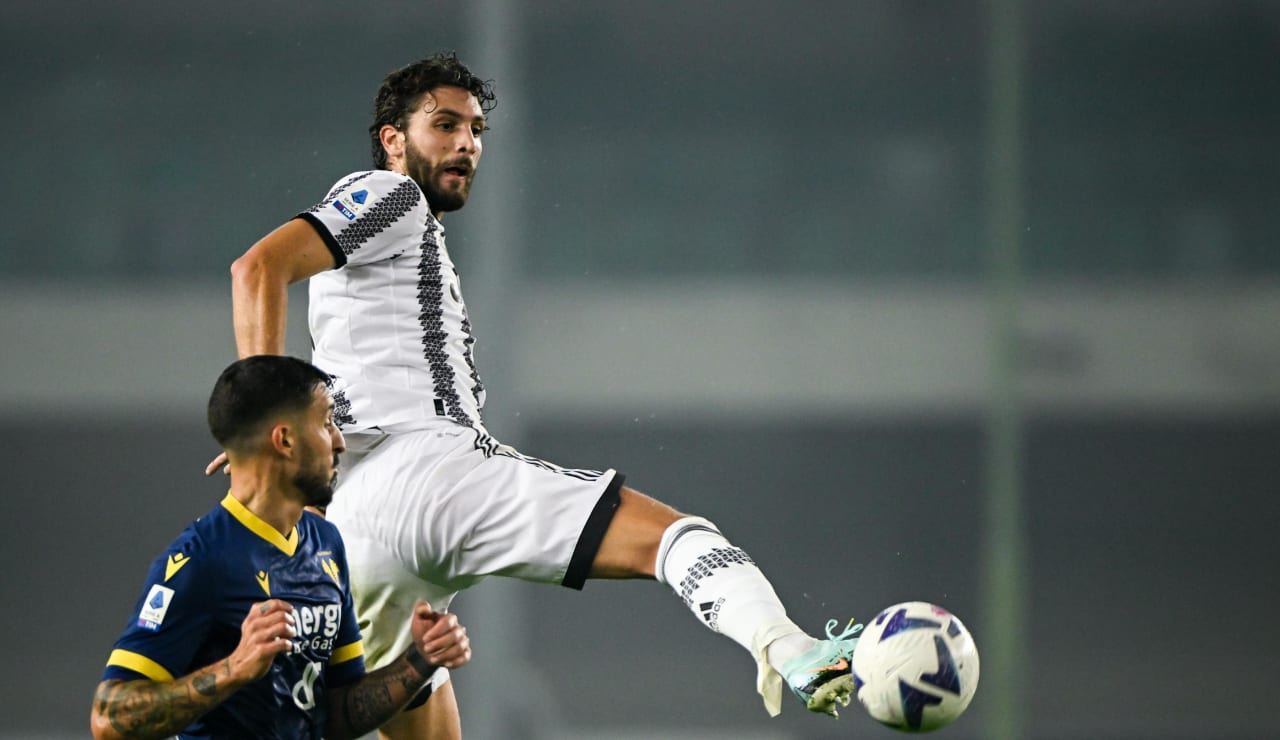In the ever-unpredictable theater of Serie A football, a single match can unravel a season`s narrative or, conversely, highlight foundational cracks. For Juventus, their recent encounter in Verona has drawn sharp commentary, particularly from seasoned sports analyst Sandro Sabatini. His observations paint a picture not just of a disappointing result, but of a deeper malaise concerning key personnel and external influences. It`s a tale of star strikers mysteriously absent from the action and the enduring shadow of the referee`s whistle.
The Enigma of the Absent Forwards: Yildiz and Vlahovic
Sabatini`s pointed remark — that Juventus «played practically without Yildiz and Vlahovic» — is a stark assessment for a club that relies heavily on its attacking prowess. When two of your primary offensive weapons seemingly vanish from the tactical blueprint for 90 minutes, questions naturally arise. Was it a failure of service, a testament to Verona`s defensive fortitude, or a strategic misstep from the Bianconeri dugout?
Yildiz, often lauded for his burgeoning talent and decisive contributions, appeared muted. Vlahovic, the imposing frontman, reportedly received «very few balls to play,» rendering him a spectator in his own offensive zone. One might indeed ponder if Juventus`s tactical brief for the match included a novel experiment in collective invisibility for its top strikers. The irony is not lost: a team built to leverage these talents found itself effectively disarmed, not by injury, but by a curious absence of influence.
«If the Juventus has legitimately and even enthusiastically relied on the prowess of Yildiz and Vlahovic, it found itself playing a game in which Vlahovic had very few balls to play.» — Sandro Sabatini
The Unseen Opponent: Refereeing and Nerves
Beyond the internal struggles, Sabatini also highlighted the «nervousness due to those two episodes» — a clear reference to contentious refereeing decisions. In football, such moments are often flashpoints, capable of derailing even the most disciplined sides. A dubious call, a missed foul, or a controversial card can ignite frustration, disrupt focus, and inject a palpable tension into the game. It`s a universal truth that refereeing controversies, much like a poorly brewed coffee, tend to leave a lingering bitter taste, and they often serve as both a genuine source of frustration and, occasionally, a convenient narrative for an underperforming team.
The psychological toll of perceived injustice can be immense, shifting player focus from strategy to grievance. For Juventus, this external pressure, combined with their attacking woes, appears to have created a perfect storm of on-field discomfort. The perception, real or imagined, that external forces are conspiring against them can be as detrimental as any tactical flaw.
Dusan Vlahovic: The Paradox of the Impact Sub
Perhaps the most intriguing part of Sabatini`s analysis revolves around Dusan Vlahovic`s peculiar predisposition to perform «better, decisive, and determined» when introduced from the bench. This isn`t merely a coincidence, Sabatini suggests, but «something psychological.»
The phenomenon of the «super-sub» is well-documented in football, but for a high-profile, starting-calibre striker like Vlahovic, it presents a fascinating paradox. Does the reduced pressure of not starting liberate him? Does the sight of tired opposition defenders invigorate his game? Or is it a tactical nuance, where his specific attributes are better deployed against a game already in motion, rather than from its inception?
This psychological element is a critical area for Juventus to explore. Optimizing Vlahovic`s impact, whether as a starter or a game-changer, requires understanding the mental and tactical conditions under which he thrives. It`s a curious case, indeed, where a multi-million-euro investment might yield maximum returns from a secondary role, at least psychologically.
Implications for the Bianconeri`s Campaign
These observations extend beyond a single match, reflecting broader tactical and psychological challenges facing Juventus. If key attacking players can be neutralized so effectively, or if the team`s mental fortitude is easily swayed by external factors, their aspirations for silverware become increasingly difficult. Navigating a competitive league like Serie A demands consistent performance from star players and unwavering mental resilience.
The coaching staff faces the intricate task of reintegrating their primary attacking talents into a consistently effective system, mitigating the impact of controversial decisions, and unlocking the full psychological potential of players like Vlahovic. It’s a delicate balancing act of tactics, psychology, and plain old grit – a challenge not unique to Juventus, but one that defines their current trajectory.
Conclusion
Sandro Sabatini`s analysis of Juventus`s Verona performance serves as a poignant reminder that football is a complex tapestry woven from tactical decisions, individual brilliance, collective psychology, and, inevitably, the occasional human error from officials. For Juventus, the path forward involves not just addressing technical shortcomings but delving into the less tangible aspects of team dynamics and player psychology. The Bianconeri`s season narrative remains to be fully written, but the plot points highlighted in Verona suggest a journey fraught with both tactical puzzles and mental hurdles. Success will depend not merely on talent, but on how adeptly these complex threads are managed.

